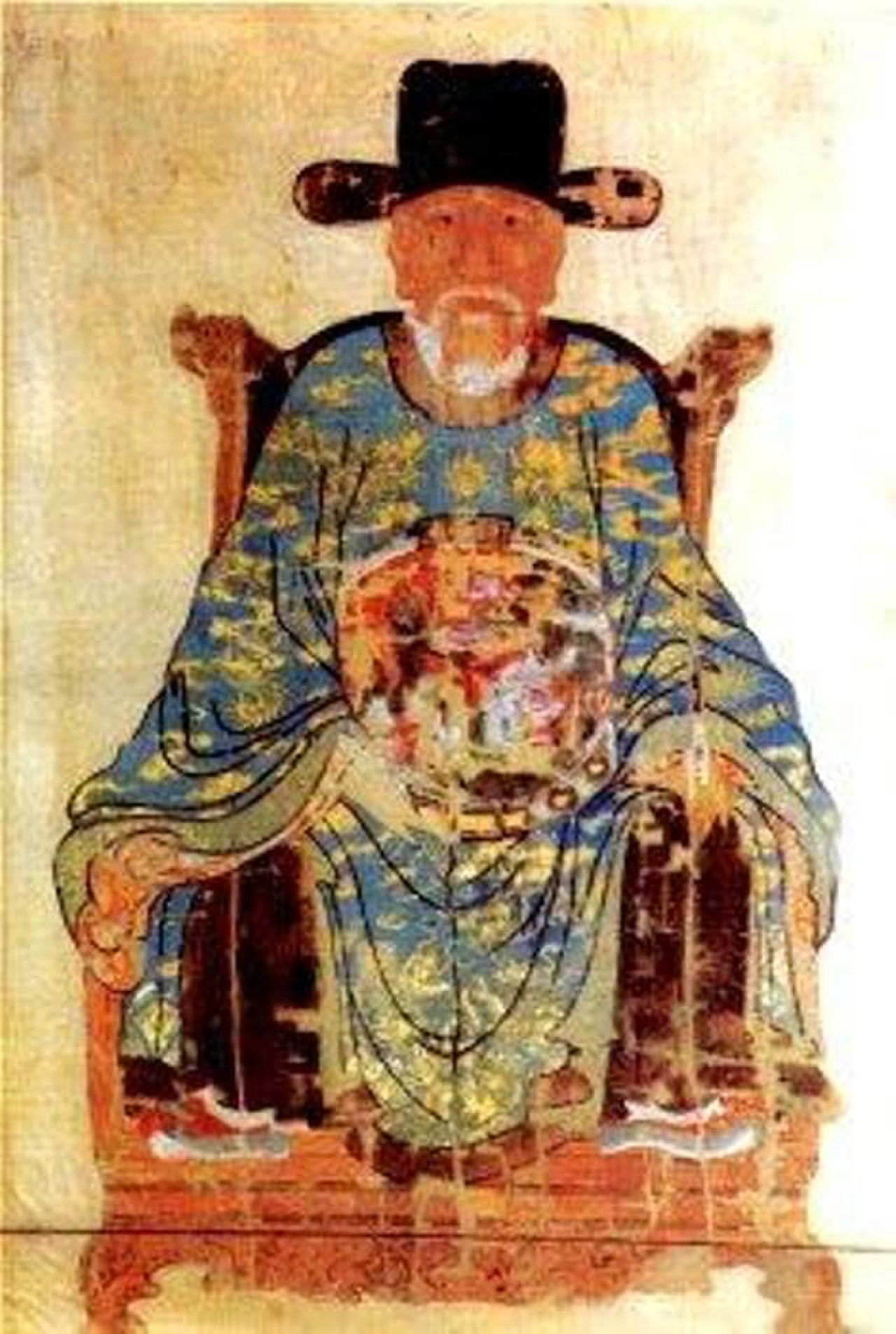
Vietnamese philosophy
Vietnamese philosophy includes both traditional Confucian philosophy, Vietnamese local religious traditions, Buddhist philosophy and later introducing French, Marxist and other influences.
Study of Vietnamese philosophy[edit]
Most research on Vietnamese philosophy is conducted by modern Vietnamese scholars.[6] The traditional Vietnamese philosophy has been described by one biographer of Ho Chi Minh (Brocheux, 2007) as a "perennial Sino-Vietnamese philosophy" blending different strands of Confucianism with Buddhism and Taoism.[7] Some researchers have found the empirical evidence of this "blending" and defined the socio-cultural phenomenon as "cultural additivity".[8] Another, Catholic, writer (Vu, 1966)[9] has analysed Vietnamese philosophy as constituted of tam tài ("three body" Heaven, Man, Earth) philosophy, yin-yang metaphysics, and agricultural philosophy.[10] Tran Van Doan, professor of philosophy at National Taiwan University (1996)[11] considers that Vietnamese philosophy is humanistic but not anthropocentric.[12]
Notable philosophers[edit]
The confucian poet-philosopher-scholar is typified by Lê Quý Đôn. Other confucianists include Chu Văn An (1292–1370) mandarin, Lê Quát a 14th Century anti-Buddhist Confucian writer, Mạc Đĩnh Chi (1280–1350), Nguyễn Trãi (1380–1442) a famous Đại Việt Confucian scholar, Nguyễn Khuyến (1835–1909). Notable modern Vietnamese philosophers include Cao Xuân Huy (vi, 1900–1983), Nguyễn Duy Quý (vi, born 1932), Nguyễn Đức Bình (vi, born 1927), Nguyễn Đăng Thục (vi, 1909–1999), Phạm Công Thiện (vi, 1941–2011), Trần Văn Giàu (vi, 1911–2010), modern marxist philosopher Trần Đức Thảo (noted in Paris in the 1960s) and Vietnamese Catholic philosopher Lương Kim Định.